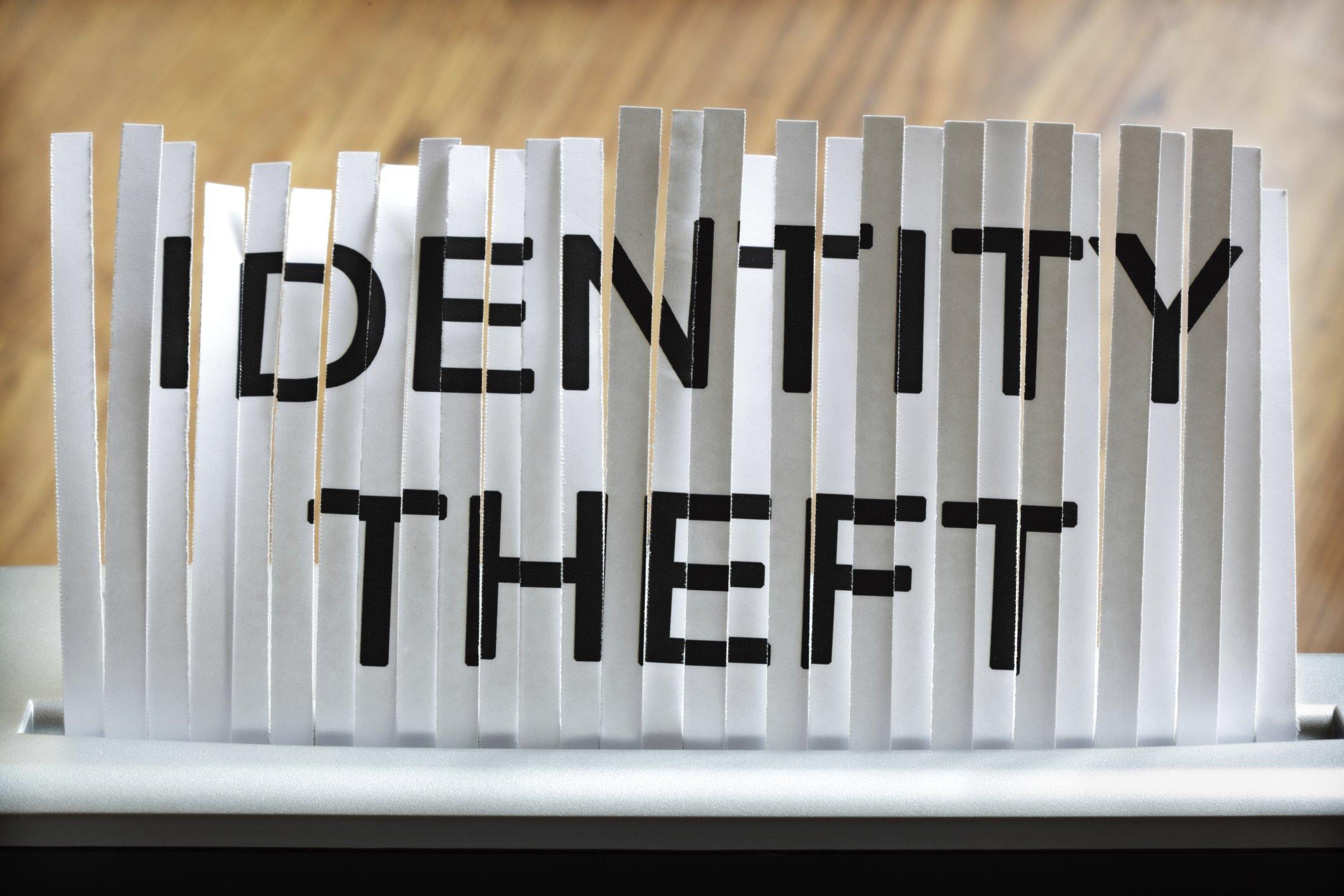Anthem, the second-largest health insurer in the U.S., was hit by a major data breach last week. The news broke Feb. 4, and the company posted a letter online from the president and CEO, Joseph R. Swedish. Two sentences from this letter are displayed in a large, blue box on the side of anthemfacts.com, the page created for updates on the situation:
“Anthem was the target of a very sophisticated external cyber attack. Based on what we know now, there is no evidence that credit card or medical information were targeted or compromised.”
However, the names, birth dates and Social Security numbers of the potential 80 million victims of this breach were compromised. Unfortunately, this data allows identity thieves to potentially cause much greater damage than they could with credit card information alone, and possibly bigger complications than having access to just medical records. This is why it’s crucial to be aware of the potential implications of having your Social Security number stolen.
Thieves may do a number of things with your stolen Social Security number. Fraudulent accounts are the easiest to detect. That’s because if, for example, your Social Security number is used to open a loan, it will show up on your credit report and impact your credit score, both of which you can check frequently at no cost. (You can pull your annual credit reports for free at AnnualCreditReport.com and you can get a free credit report summary with two credit scores every 30 days on Credit.com.)
There are other things, though, that aren’t so easily detectable — until they cause big problems for you. For example, someone could give your name and Social Security number to law enforcement when arrested for a crime. You’re also at risk for tax-related identity theft, particularly around this time of year.
Potentially the most dangerous is medical ID theft, when someone uses your information to obtain health services. Such fraud could mix your medical history with someone else’s, which could have fatal consequences.
Even though medical records were reportedly not compromised in this breach, that doesn’t mean your health isn’t at risk. Unfortunately, it’s extremely difficult to detect medical identity theft, and protecting yourself against it is practically impossible.
“You can’t prevent any of this, especially when you’re on a database with a colossal amount of information that was on this database,” said Adam Levin, identity theft expert and chairman and co-founder of Credit.com. “They (the thieves) know absolutely everything about you that they would need in order to make a case that they’re you.”
There’s really not a glass-half-full approach to this incident. Because you can’t prevent medical ID theft, you’ll have to be extremely diligent in trying to detect it. Signs someone has used your identity to procure medical services include receiving summaries of benefits from your insurance company for services you did not receive, medical bills you did not incur and debt collection accounts for unpaid medical bills.
Swedish’s statement said Anthem will contact affected customers by mail (though that seems problematic for former customers, whose information with Anthem may be outdated). There’s also a hotline you can call for information: 877-263-7995.
The company has said it will offer credit monitoring and identity theft protection services to victims at no cost, which Levin recommends you take advantage of, but you may not want to stop there.
“If you’re part of this Anthem community that has been exposed, you have to change the way you think and what you may be willing to spend to protect yourself,” Levin said. “It’s unfair, it’s terrible and there are so many people out there who get everything right, and in this case, as in so many cases, they were on the wrong database at the wrong time when the wrong person gained access. … This is a danger we have to live with on a daily basis.”
This article originally appeared on Credit.com and was written by Christine DiGangi.











